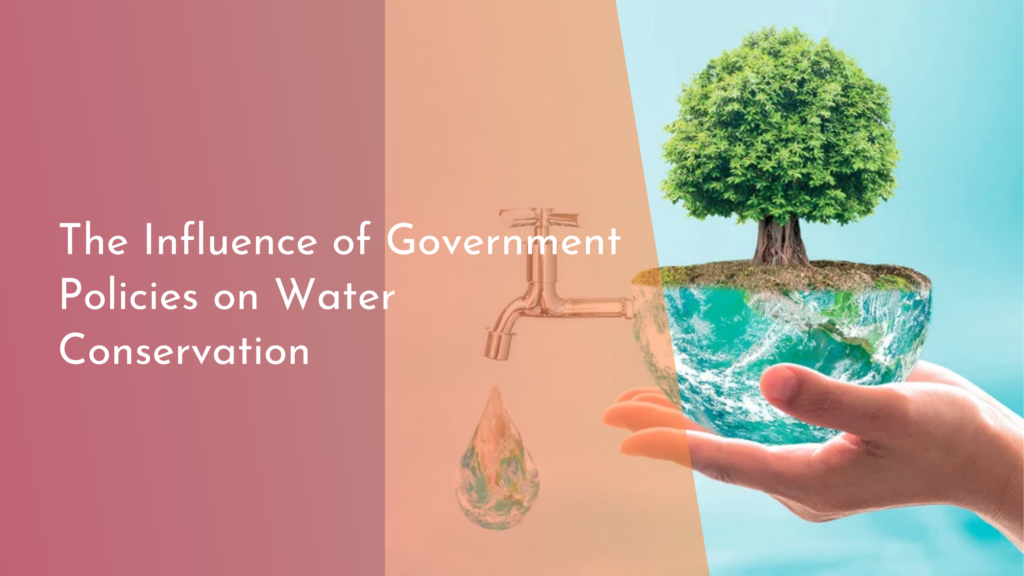Self-Healing Asphalt Roads with Recycled Plastic
In a world increasingly focused on sustainability, innovative solutions are emerging to tackle age-old infrastructure challenges. One such solution is the development of self-healing asphalt roads that incorporate recycled plastic materials. This groundbreaking approach not only promises longevity and durability for our roadways but also contributes significantly to environmental conservation. Join us as we explore the magic of these smart surfaces, their benefits, and the exciting innovations that lie ahead!
Discover the Magic of Self-Healing Asphalt Roads!
Imagine a roadway that can mend its own cracks and potholes without human intervention. Self-healing asphalt employs a remarkable technology that allows it to respond to damage naturally. By embedding special materials within the asphalt mix, such as polymeric compounds or wax, the surface can "heal" itself when exposed to heat. This innovative solution not only extends the lifespan of roads but also reduces the need for frequent repairs, making it a win-win for everyone involved.
The magic doesn’t stop there! These self-healing properties also lead to safer driving conditions. With fewer cracks and potholes to navigate, drivers experience a smoother ride, which can significantly reduce accidents caused by poor road conditions. As municipalities adopt this technology, cities worldwide can look forward to the prospect of safer and more resilient transportation networks that will enhance the quality of life for their citizens.
How Recycled Plastic Turns Roads into Smart Surfaces
Incorporating recycled plastic into asphalt is a game-changing move in road construction. By blending plastic waste with traditional asphalt materials, engineers can create a new composite that boasts improved flexibility and durability. This not only utilizes discarded plastic that might otherwise end up in landfills or oceans but also enhances the asphalt’s resistance to cracking and deformation. The result is a smart surface that stands up to the rigors of modern traffic while promoting environmental integrity.
Moreover, this innovative fusion of materials has the added benefit of reducing the carbon footprint associated with asphalt production. The use of recycled plastics, which are often sourced from post-consumer waste, means fewer raw materials are needed, and it helps mitigate the environmental impact of road construction. By transforming plastic waste into valuable resources, we can pave the way for a greener future, one road at a time!
Benefits of Eco-Friendly Roads for Our Planet and Wallet
The benefits of self-healing asphalt roads made with recycled plastic extend far beyond just durability. These eco-friendly surfaces can lead to significant cost savings for municipalities. With reduced maintenance needs and longer lifespans, cities can allocate their budgets more efficiently, investing in other critical infrastructure projects or community services. This financial relief can be especially beneficial for cash-strapped local governments, allowing them to prioritize improvements that enhance the quality of life for residents.
Additionally, the environmental advantages are profound. By recycling plastic waste, these smart surfaces help reduce pollution and the depletion of natural resources. This aligns with global sustainability goals and encourages a circular economy where materials are reused and repurposed rather than discarded. Embracing eco-friendly road solutions not only fosters a cleaner environment but also cultivates a sense of community responsibility and awareness about the importance of reducing our carbon footprint.
Future Innovations: Roadways That Repair Themselves!
The future of road construction is filled with promise as technology continues to evolve. Researchers and engineers are exploring even more advanced self-healing mechanisms, such as incorporating living bacteria or bio-based materials that can react to environmental conditions. By harnessing the power of nature, these innovations could lead to roadways that not only repair themselves but also actively contribute to reducing harmful emissions and improving air quality.
As we look to the horizon, the potential for smart, self-healing roads is limitless. With ongoing investment in research and development, we are entering an era where roadways could become intelligent systems, equipped with sensors that monitor their condition and make real-time adjustments. This futuristic vision holds the promise of creating safer, more sustainable, and less maintenance-intensive transportation networks that will benefit generations to come.
Self-healing asphalt roads infused with recycled plastic represent a remarkable convergence of innovation and sustainability. By transforming waste into valuable infrastructure, we are paving the way for a cleaner, safer, and more efficient future. As communities around the globe continue to embrace these eco-friendly solutions, we can look forward to roads that not only withstand the test of time but also contribute positively to our planet. The journey towards smarter roadways is just beginning, and the possibilities are truly exciting!

